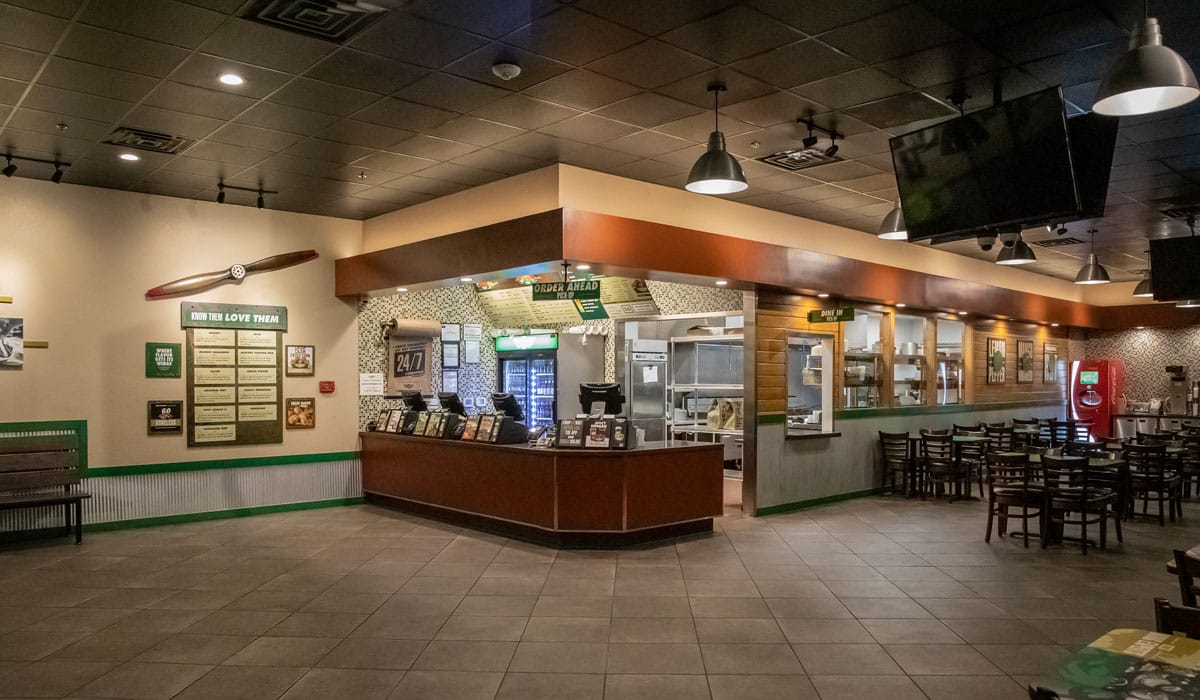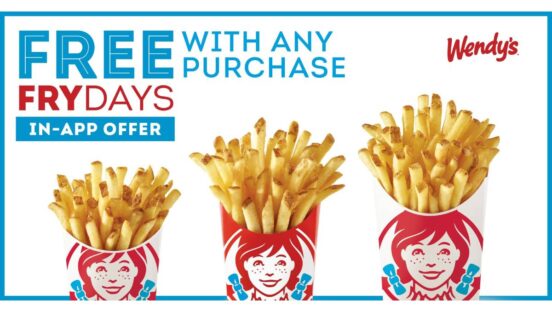Wingstop’s digital business model proved effective through the early weeks of the COVID-19 pandemic as U.S. same store sales jumped 9.9 percent in Q1.
Domestic comps started strong with a boost of 11.5 percent through January 25, and they grew 10 percent from January 26 to February 22.
Although the brand saw overall transactions slide as the virus became more prevalent, a rise in average ticket offset those losses. From February 23 to March 14, domestic comps grew 8.5 percent, and from March 15 to March 28 (Wingstop closed U.S. dining rooms on March 16), comps grew 8.9 percent.
Company-owned stores increased 6.2 percent in Q1. Through January 25, comps rose 6.1 percent; from January 26 to February 22, they lifted 5.2 percent. Despite the pandemic, the stores finished even stronger with a 7-percent increase year-over-year from February 23 to March 28.
The favorable results are due to Wingstop’s off-premises business representing 80 percent of sales before the pandemic. By the end of Q1, digital sales mixed 47 percent. The company’s offer of free delivery, which runs through April 30, has helped drive off-premises business. In the quarter, systemwide sales increased 18.6 percent to approximately $429.9 million.
READ MORE: Wingstop On its Way to ‘Digitizing Every Transaction’
CEO Charlie Morrison said there have been temporary closures internationally, where dine-in is a larger part of sales and locations are based in high-density traffic areas.
Domestically, Wingstop has taken advantage of the increased demand at grocery stores. The rise in demand has caused an excess supply of chicken and has allowed operators to purchase product at lower prices.
Wingstop finished Q1 with 1,413 restaurants—1,253 in the U.S. and 160 internationally. In the U.S., 1,221 units are franchised and 32 are corporate. The company opened a net of 28 locations in the quarter.
Even though the company foresees an impact to its development pipeline this year, it still expects mid-single digit increases in U.S. comp sales in the next three to five years and a unit growth of more than 10 percent.
For added financial flexibility, Wingstop borrowed $16 million under its variable funding notes to boost its cash reserve to $31 million.
To assist employees at company-owned restaurants, Wingstop created an employee compensation incentive through April 30, allowing workers to earn up to $150 more per week. The brand is encouraging franchisees to implement the same incentive.
The company will also distribute thermometers and protective equipment to each restaurant to ensure the health and safety of employees and customers. In many locations, corporate stores and franchisees are hiring.
Morrison announced that Wingstop Charities donated 80,000 meals to children impacted by COVID-19, and that the company deployed food trucks to hospitals to serve healthcare workers. The company will also donate $1 million to the Restaurant Employee Relief Fund championed by Food Network star Guy Fieri and the National Restaurant Association Education Foundation.
“We are very fortunate and grateful to have the continued support from our team members, guests, brand partners, and suppliers during this challenging time,” Morrison said in a statement. “As I reflect on this situation, I am proud of our exceptional team and our brand partners as we continue to serve the world flavor. I especially appreciate all our team members on the front lines in our restaurants ensuring a safe experience for our guests and giving back to the community. We will continue to navigate the COVID-19 pandemic anchored in our core values with a focus on serving our stakeholders during this challenging time.”










